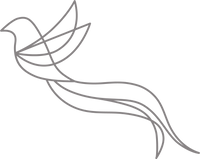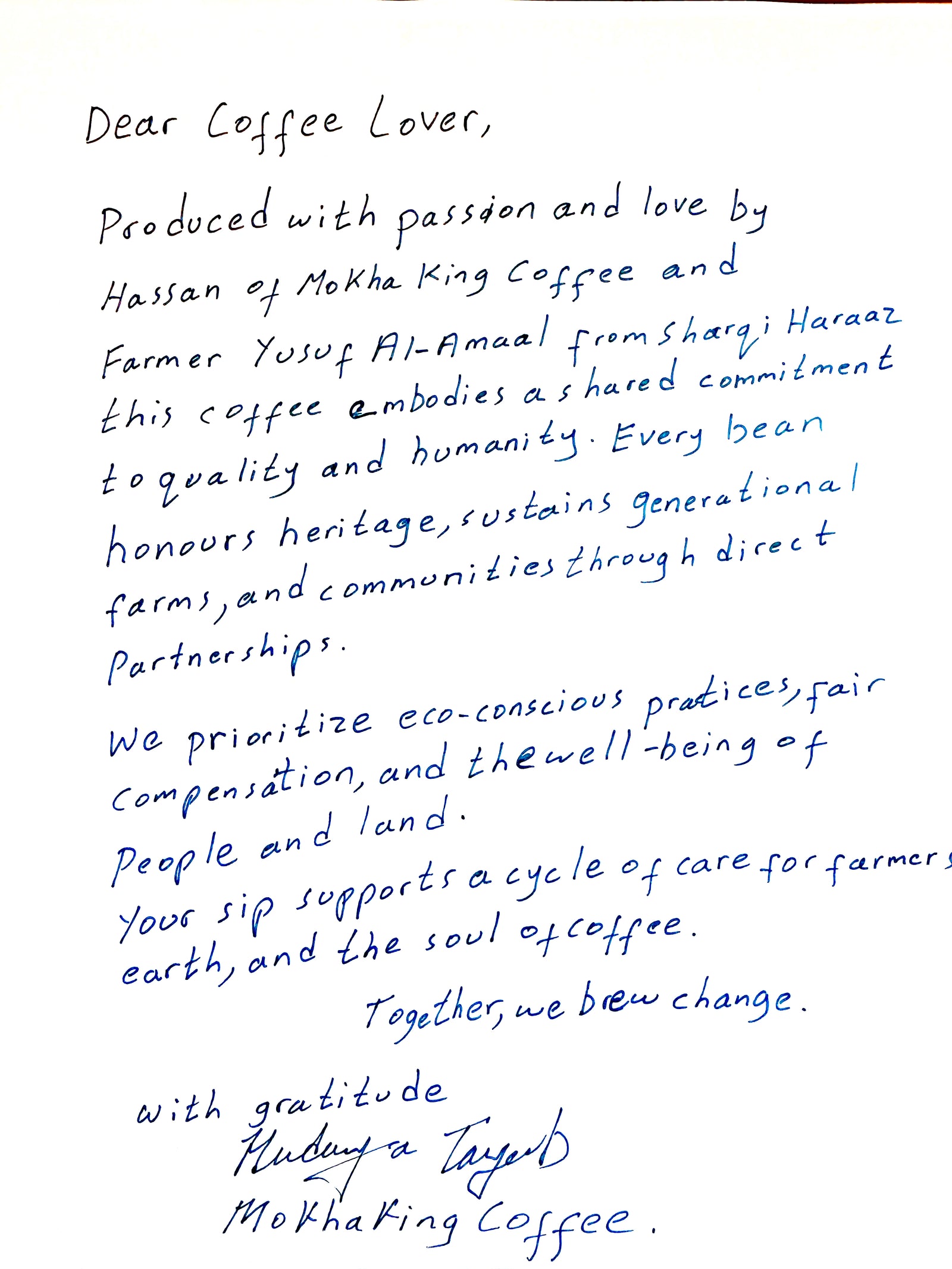020 - Yusuf Al Aamal
- Free U.S. shipping
2025 FREEZER SALE UPDATE (2025-12-17):
From Christopher: I received countless messages asking if there was any of this coffee available somewhere, somehow! I was happy with the profile I'd set for the production roast and so, yes, there was some set aside for the freezer sale—which we're making available now. We'll aim for the same balance of punchy-fruit and sugary sweetness but will endeavor to push acidity slightly higher for this re-release.
The eleventh coffee of our 2025 season comes through a collaboration between Aviary, Mokha King and Yusuf Al Aamal that almost never happened—a honey process Yemenia designed to push the bounds of risk and possibility and examine the nuance and geopolitical realities behind the international coffee trade—presenting in the cup with intense sweetness and notes of raisin, fig, date, white raspberry, violet, mulberry and red apple.
From Christopher: "Outside of Ethiopia, nowhere has a stronger claim to being the birthplace of Arabica as we know it today than Yemen. For nearly 200 years, beginning in the 15th century, Yemen was the world's sole commercial producer—changing only when, legend has it, seeds were smuggled by an Indian pilgrim named Baba Budan who planted it in Chikmagulur, India (origin of AVIARY#016). Geographically isolated and with a climate distinct from the montane forests of Ethiopia, genetics in Yemen drifted over its centuries of cultivation there, becoming more tolerant of the dry, hot conditions and developing deeper roots to tap water from the aquifers in the terraced farms on the face of the Jabal Ḥarāz mountains. Descendants of these accessions—Bourbon and Typica—made their way to the Western Hemisphere.
"That is to say: while Arabica may have originated in Ethiopia, coffee from the Americas that came to dominate global trade is more closely related to those coffees from Yemen.
"Traditionally, coffees in Yemen are grown on the terraced mountainside by smallholders who dried the cherry as naturals, sometimes conditioning it in caves. The intensely winey, musky, complex profile that often results is one that I struggle with—and I've long wondered how Yemenia coffees would taste if we were able to process them in a way such that we could present these ancient varieties in cups less influenced by process.
"And so, in July 2023, I reached out to Hudaifa Tayeb of Mokha King. I knew that Mokha King had worked with Hatch Coffee to produce an anaerobic natural and asked Hudaifa if he'd be open to trying something I'd never heard of in Yemen before: a wet process. He was keen.
"Hudaifa's deep roots in Yemen would be integral to executing a novel process in a place I had never been. Hudaifa grew up in Yemen but fled with his family in the early years of the country's civil war—taking the last flight out of the country before flights were suspended during the incursion of the Houthis into Sanaa—spending months drifting in a Homerian journey between Addis Ababa, Djibouti and Dubai before being granted a refugee visa in Canada. There, he established Mokha King with his brother Hassan, who was still living in Yemen, as a way to bring economic opportunity to their family and community in Yemen.
"To produce the lot for Aviary, Hudaifa and Hassan partnered with a fourth-generation coffee producer, Yusuf Al-Aamal. Hassan met Yusuf in 2015 after learning the history of Yusuf's family farm, which dates back to the beginning of Yemeni coffee cultivation more than 500 years ago. Born in Sharqi Haraz, Yusuf moved to Sanaa in pursuit of work after graduating high school in Manakha. The economic challenges posed by the war brought him back to Sharqi Haraz, where he planted and produced coffee on his family's farm, and, in 2019 sold his first crop to Mokha King.
"Though Sharqi Haraaz does not face the water shortages that threaten other parts of the country, I developed a honey process protocol to minimize water usage in an effort to produce a robust protocol that could be broadly useful. The coffee would be floated, pulped using a hand-pulper and fermented in mucilage before drying under shade on raised beds, without washing. I contracted 60kg in August 2023 in the hopes of releasing it for Aviary's first season in 2024.
"As I would not be traveling to Yemen myself to oversee this work, I relied solely on intermediaries—most of whom I'd never met—and needed to be willing to accept the risks of not only a producer executing a process for the first time, but also the risks and logistical challenges presented by exporting from Yemen.
"Governance in Yemen is fragmented: since its civil war, the Houthis control Sanaa and much of the north of the country, while the internationally-recognized government controls parts of the South and East from its capital in Aden (and from abroad, with its leaders scattered) with influence from The Southern Transitional Council in the South and Aden. The area of Yemen where much of Yemen's coffee grows—including Yusuf's—remains under the control of the Houthi regime while the port of export in the South is under the control of the internationally-recognized government.
"The Houthis, formally named Ansar Allah, positioned themselves during the 2011 Arab Spring uprising using Zaydi Shia Islamist, nationalist-populist rhetoric opposing political corruption, economic neglect, and elite dominance—rhetoric which helped the movement gain strength sufficient to later take control over Sanaa. The Houthis' use of sexual violence, oppression of women, violence against journalists, landmines and child soldiers have been widely documented and internationally condemned; isolated and under sanctions, the group relies primarily on financial support from Iran to fund its activities.
"Ceasefires brokered between the warring factions by the UN in 2022 offered some relief to Houthi territories and enabled commercial flights to resume in Sanaa, but without foreign aid, access to ports of export and without access to the revenues generated by oil reserves controlled by the internationally-recognized government in the South, public sector workers in Houthi-controlled territories have for years gone unpaid; public infrastructure like electrical services have failed; the healthcare system has collapsed; poverty and food insecurity have risen with the broader economic failure. This has left the Houthis deeply unpopular: while difficult to generalize broadly (and difficult to conduct in Yemen), polling shows as little as 8% support for the Houthis among people living in the areas they govern.
"The Israeli government's response to the October 7, 2023 attack on Israel by Hamas—a response which has been deemed a genocide by scholars, historians and the UN Human Rights Council’s Independent International Commission of Inquiry—presented an opportunity for the Houthis in the face of flagging domestic support and an emerging political crisis.
"In late 2023, the Houthis began carrying out drone and missile attacks on ships on the Red Sea—ostensibly in support of Palestine, stating that the attacks would continue until 'crimes in Gaza stop and food, medicines and fuel are allowed to reach its besieged population.' In its statements, Ansar Allah drew on historical support of Palestine within Yemen that predates the creation of the state of Israel and positioned itself as the leader of the so-called Axis of Resistance, aiming to bolster both support in Yemen and support from regional governments. The attacks, which the Houthis initially claimed were meant to target Israel, disrupted global shipping—as well as oil exports from the internationally-recognized government.
"In a cosmically irrelevant footnote and consequence of the Houthi resistance, the initial lot produced by Mokha King for Aviary's first season—shipped in January 2024—was caught in the crossfire. Damaged on the Red Sea, it never arrived.
"Hudaifa was distraught as he told me the news, fearful of how I'd react. But I understood the risks of what we'd hoped to achieve and the difficulty of this work and asked him if he'd be willing to try again; I told him I'd find a way to pre-pay for the lot upfront—some $20 per pound—as a way to mitigate his risk of loss. That conversation and the lot that resulted from it was the inspiration for the creation of Aviary's full-season reservation model, which enables me to not only take risks that live outside the bounds of possibility for most coffee roasting companies, but also live up to my obligations as a buyer by sharing risk if and when I can.
"Our second attempt was processed by Hassan Tayeb in December 2024 and January 2025 using cherry from Yusuf Al-Aamal. This time—after countless payments at border crossings and eight months in transit—it made it to the U.S.
"This is the magic of coffee; in the cup, we taste something from another world. Its complexity serves as a metaphor for the complexity of the context in which it was created: a place that I've never visited—and where most people won't have the opportunity to go—and where I'm certain the producers, agents, intermediaries, truckers and exporters involved in its production risked and committed more than I can possibly imagine to make this coffee possible.
"On August 29, over two years after our first conversation about the project—with the genocide of Palestinians still ongoing, and with ships on the Red Sea still under Houthi attack—I tasted the resulting coffee for the first time: a honey processed Yemeni Jaadi that presents with Liberica-like sweetness, complex, winey acidity and notes of white raspberry, fig, date and mulberry."
The modern history of Yemen and the politics of the Middle East is exceedingly complex—far more complex than I can sufficiently do justice in telling the story of a coffee. To learn more, I highly recommend the Throughline podcast from NPR.
This coffee was roasted November 19, 2025 and December 18, 2025
TASTING NOTES: Complex, violet, cherry, date, white raspberry, mulberry, winey
ROAST: Light, to accentuate the vibrancy of this coffee and present its fruited character as ripe and juicy while mitigating funky tones that may creep in from its fruity character.
ACIDITY: Complex, winey acidity
FUNK: This is the funkiest coffee of Aviary's 2025 season, but clean in comparison to typical Yemeni coffees; moderately funky on the nose, that funk doesn't translate to the cup.
FOR FANS OF: Multi-generational producers; difficult supply chains; persistence; experiments; self-determination
FARMGATE PRICE: $13.18 per lb
FOB PRICE: $17.28 per lb
LANDED PRICE: $22.90 including 10% tariff
1. Red Cherries purchase = ~$13.18 per lb
2. Processing & production costs = ~$4.54 per lb
3. Local and international transport = ~$1.36 per lb
4. Import = ~$1.36
A country in a state of civil war since 2014, the complexity of export from Yemen to the United States is reflected in the story and price of this coffee. Aviary pre-paid in full for this release in August of 2024 to reduce the risk of its production.
Cherry was purchased directly from its farmer, Yusuf, who is a friend of Mokha King co-founder Hassan Tayeb. Once purchased, it was processed and moved to export.
The infrastructure for processing this lot required investment as Yemen does not typically produce pulped coffees for export. The extended fermentation and drying periods require additional labor management. Further, small lots are inherently more expensive to mill, export, transport and import.
Yemen is currently divided into roughly three administrative states. Border crossings require bribes or illegal demands of payment in order to ensure the flow of goods. For the Houthi regime, which does not have international financial support aside from Iran nor control of the oil fields, this is one primary mechanism of raising revenues. These bribes are paid in cash or by the purchase of qaat (khat) for the authorities at the crossings, with no receipts or documentation. We estimate that these payments accounted for $0.68 per lb of export costs because of the small size of the lot—were the lot to be larger, so too would the exposure, incurring a higher cost at border crossings.
Transportation from Yemen to the U.S. requires stops at intermediary ports—typically Jeddah or Dubai—for inspection and customs clearance. The long transit time required meant that between its shipment in January 2025 and arrival in September 2025, the Trump administration leading the United States had imposed blanket tariffs; this was assessed against the declared value of the coffee and amounted to an additional $2.90, which Aviary paid upon arrival.
Jaadi coffee grown using organic methods at 2,300 masl in Al-Aamal by Yusuf Galib Al Aamal; selectively hand-picked at peak ripeness; sorted; floated; pulped using a disc pulper; fermented submerged in water in barrels under shade for 48 hours; drained; dried on raised beds under shade for 17 days
I recommend resting this coffee for 2-5 weeks from its roasted date filter brewing and 4-6 weeks for espresso-style preparation (though you may wish to try it earlier to enjoy how the coffee changes and opens over time). It will develop heavier fruit tones overtime; to avoid funkiness, consume on the early side.
As filter, I prefer a ratio of 1:17 using low-agitation methods of extraction resulting in 22-23% EY.












